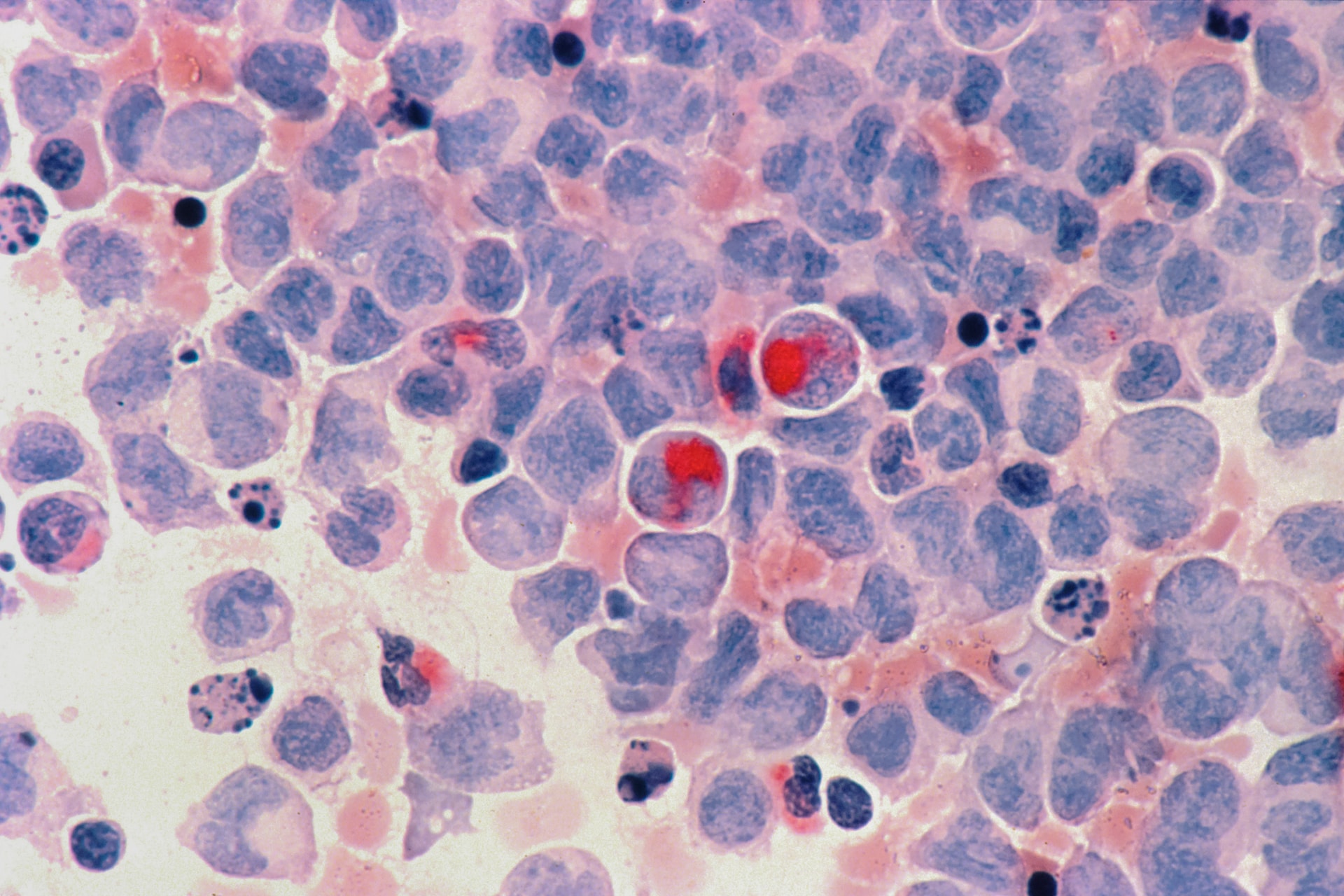Infancy: The Foundation of Health
1. Nutrition is Key
- Breastfeeding is the best start for your infant, providing essential nutrients and antibodies. If breastfeeding isn’t possible, consult your healthcare provider for the best formula option.
- Introduce solid foods gradually, starting around six months of age, following your healthcare provider’s recommendations.
- Monitor your child’s growth to ensure they’re gaining weight appropriately.
2. Immunizations
- Stay current with your child’s vaccination schedule. Vaccinations protect against a range of preventable diseases.
3. Sleep and Safety
- Create a safe sleep environment, placing your baby on their back to sleep and removing any loose bedding or toys from the crib.
- Ensure your child is securely buckled in an age-appropriate car seat for all car trips.
Early Childhood: Nurturing Physical and Mental Health
1. Regular Check-Ups
- Schedule well-child visits with your healthcare provider to monitor growth, development, and vaccination status.
2. Nutrition and Healthy Eating Habits
- Encourage a balanced diet rich in fruits, vegetables, whole grains, lean proteins, and dairy.
- Limit sugary snacks and beverages and promote drinking water.
3. Physical Activity and Play
- Encourage physical activity through active play, sports, and outdoor activities.
4. Mental Health
- Pay attention to your child’s emotional well-being. Foster open communication and provide a supportive environment.
Adolescence: Navigating the Challenges
1. Puberty and Body Changes
- Discuss puberty and body changes openly with your child. Provide age-appropriate information and address any concerns.
2. Vaccinations and Preventive Care
- Ensure your child receives recommended vaccines, including boosters like the HPV vaccine.
3. Healthy Relationships
- Teach your child about healthy relationships, consent, and respectful behavior.
4. Mental Health and Peer Pressure
- Be attuned to signs of mental health issues, such as anxiety or depression. Encourage your child to seek help when needed.
5. Substance Abuse Prevention
- Discuss the risks of substance abuse and peer pressure. Keep lines of communication open.
Conclusion
Caring for your child’s health is a lifelong commitment that begins from the moment they are born. By providing a nurturing environment, a balanced diet, regular check-ups, and emotional support, you set the foundation for a healthy and fulfilling life. Stay informed, stay engaged, and be the unwavering advocate for your child’s well-being. As they grow, your guidance and love will empower them to make healthy choices and navigate the challenges of each developmental stage with confidence and resilience.





